Neuordiversity
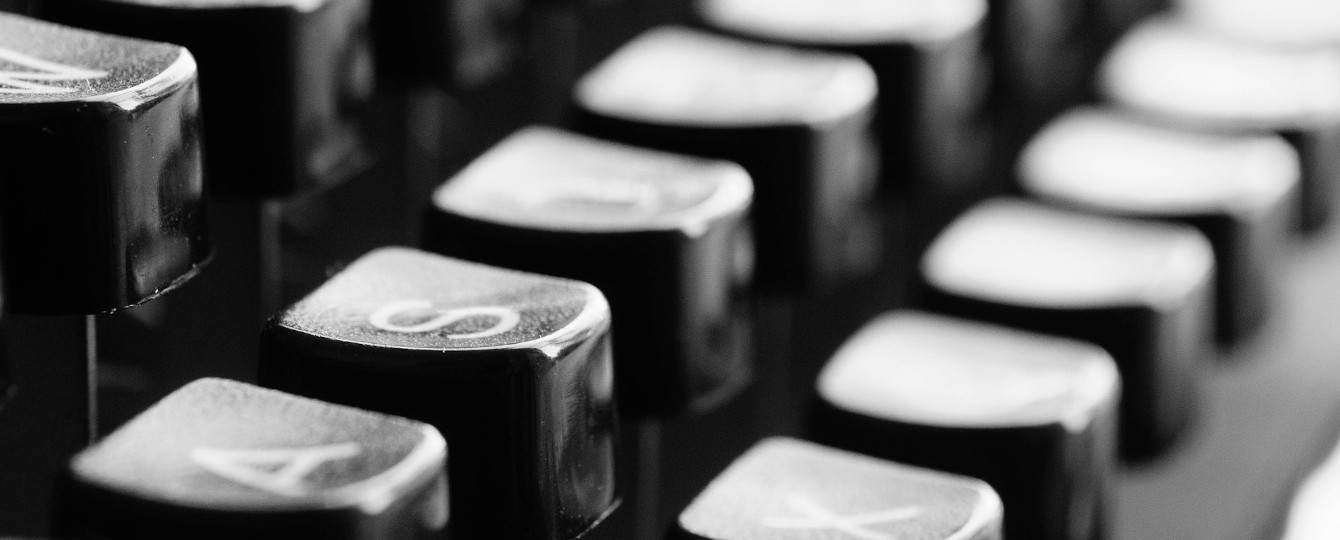
When my autistic son was nine he came home with a sign sticky-taped to his back saying “Kick me I’m a retard.” Tearing up, he stammered, “The kids call me a retard… What is a retard?” You might as well have ripped my heart out of my chest and stomped on it. Going to school now became his second favourite thing, after stubbing his toe repeatedly until it went gangrenous.
Although by age eight Jules had an encyclopaedic knowledge of the Beatles, Buddy Holly and Shakespeare, including most of Hamlet’s soliloquies, the only subject at which he excelled in class became ‘phoning in sick’. Being put on detention for misinterpreting homework and constantly belittled by classmates meant that school became little more than a master class in low self-esteem.
By high school, while most students were striving to learn math and grammar; Jules was striving to make himself invisible. Exiled to Social Siberia, his confidence was now so minuscule it could only be detected by the Hubble telescope.
But it was job-hunting that really brought religion into his life – now he truly knew what it was like to be in hell. Even though people on the autistic spectrum often have a very high IQ – my own son is like Wikipedia with a pulse – less than 15% are in the workforce, which is a much lower inclusion rate than other disabilities. As one employer after another rejected Jules for being different, how I longed for a self-help book for social lepers. Condescending and often cruel, they made him feel he should get his D & A steam-cleaned. Although wackily bright and quirkily charming, the only future I could envisage for Jules was living in a bedsit on benefits.
These daily rejections is why it’s vital to tell your special needs child that they really are special. There’s no Owner’s Manual for parents of autistic kids, but it’s imperative to find what they’re good at and encourage it. It doesn’t matter if it’s moth wing fluctuations, igneous rock formations or Tibetan nose fluting – because you never know what their obsession could lead to.
My own son wanted to study acting. I was dubious – how could someone with autism empathise with a character’s complex emotional nuances? Yes, he knew more about most actors than their own mothers, but was it possible to put the artistic into autistic?
Building down my hopes, I reluctantly enrolled Jules in an acting course. Amazingly, to my eyes, he excelled in class productions, but I suspected I was blinded by my Mum goggles… Yet soon after he was cast in two short films and won an acting award. He then went for an audition for a major BBC medical drama called Holby City – and secured the part. Jules has been a semi-regular since last October, playing to six million people a week. He gets stopped for autographs and has a fan page.
As he bathes in praise from BBC producers, cast and crew, I think back to those school bullies and occasionally allow myself a little moment of light gloating. But my main hope is that Julius’ success will encourage other employers to think outside the neurotypical box and hire the ‘differently abled’. We should stop forcing autistic people to act normal, and help them to become their best autistic selves by focusing on what they can do instead of what they can’t. For me, seeing my son finally thriving, well, it’s better than winning the Pulitzer Prize. Nor could I have written a happier ending. Except it’s not an ending, it’s a beginning. And that’s all autistic people need – a chance to shine.
My books
Read at your own risqué
What do women really want in bed? Breakfast. Oh, and a good book. If you’re looking for a funny, frivolous yet feisty new read, do slip between my covers. Satisfaction guaranteed.
Making headlines
Believe nearly everything you read...
What I'm up to
A window into my world...
Here’s a selection of scribblings in which I peel down to my emotional underwear – a psychological striptease that occasionally reveals all.
One-liners, wise cracks and witticisms
I think women are each other’s human Wonderbras – uplifting, supportive and making each other look bigger and better.
If he wants breakfast, tell him to sleep in the kitchen.
Men think monogamy is something you make dining tables out of.
Many marriages break up for religious reasons – he thinks he’s a god and she doesn’t.
Love prepares you for marriage the way needlepoint prepares you for round-the-world solo yachting.
Boys will be boys, and so will a load of middle-aged boys who should know better.
Ladies who lynch.
No wife ever shot a husband while he was vacuuming.
I think therefore I’m divorced.
All husbands think they’re Gods. If only their wives weren’t atheists.
Happy wife = happy life.
I couldn’t ask for a better husband… as much as I’d bloody well like to.
Statistically, 100% of divorces begin with marriage.
Marriage is nature’s way of promoting masturbation.
Marriage is a fun-packed, frivolous activity – only occasionally resulting in death.
It’ll be an amicable split. You’ll both get 50 % of the acrimony.
A new invention is required. The monogamous husband. Patent Pending.
How Do I Hate Thee? Let me Count the Ways.
My wedding vows didn’t say To Love, Hoover and Obey.
I’m Having my period so can therefore legally kill you.
You are going to enjoy this marriage, even if I have to divorce you to do so.
A happy marriage is like an orgasm – many of them are faked.
All this emphasis on women faking orgasms, but what about men faking foreplay?
Why do men like intelligent women? Because opposites attract.
Why don’t women tell jokes? Because we marry them.
What does a woman really want in bed? Breakfast.
For women, life is full of lies – I mean doctors maintain that wrinkles don’t hurt.
Legal aid cuts prove that the Tories believe a person is innocent until proven destitute.
Sexist men are so stupid it makes you want to take the ‘men’ out of Mensa.
If a man ever tells you that women fall at his feet – it’s only because he gets them drunk first.
A woman must always fight back. Never just lie back and think of Canberra.
The best cure for menopause is the toy boy diet. A case of having Your Beefcake and Eating It Too.
I don’t fake orgasms. I’m faking being six foot one and seven stone.
Trophy wives tarnish quickly and then get left on the shelf.
Lawyers work 24/7. The partners of lawyers suffer from a bad case of subpoena envy.
Most shrinks should book an appointment with themselves.
The question on the minds of most women is – why doesn’t chocolate go straight to your boobs?
Don’t fall for a man’s puppy dog look… Just get him wormed.
It’s been so long since a man has touched me, not even medical science will want my body.
My top tip for keeping your youth? Lock him in the pool house.
I told myself that it took forty-two facial muscles to frown and only four to stretch out my arm and bitch-slap the witch.


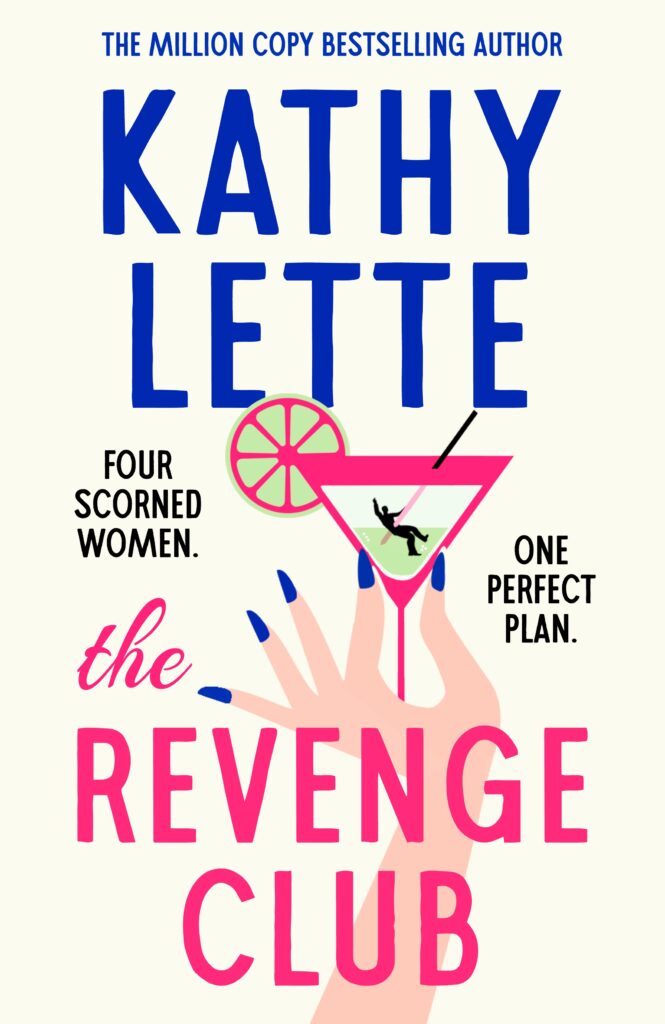
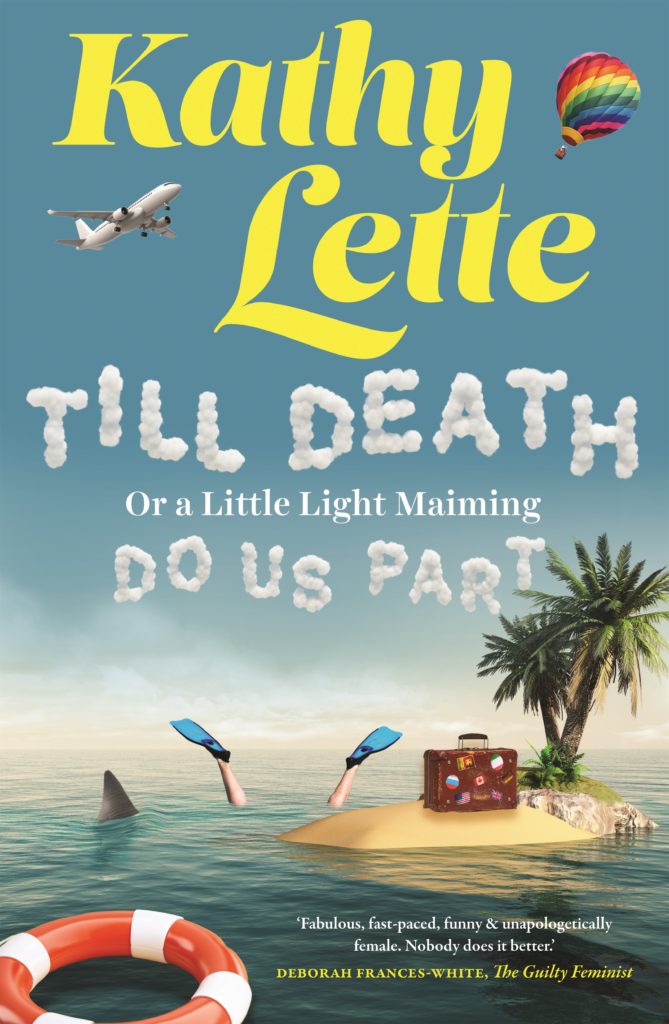
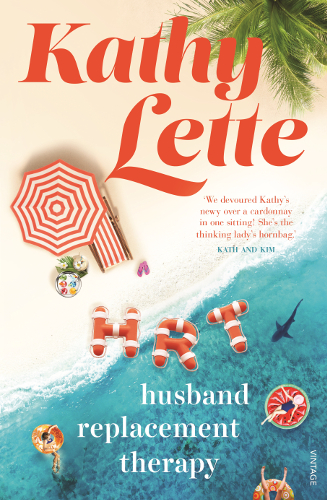
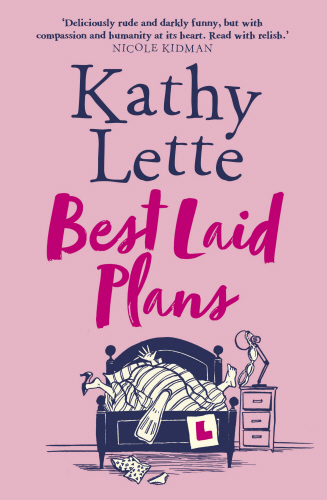
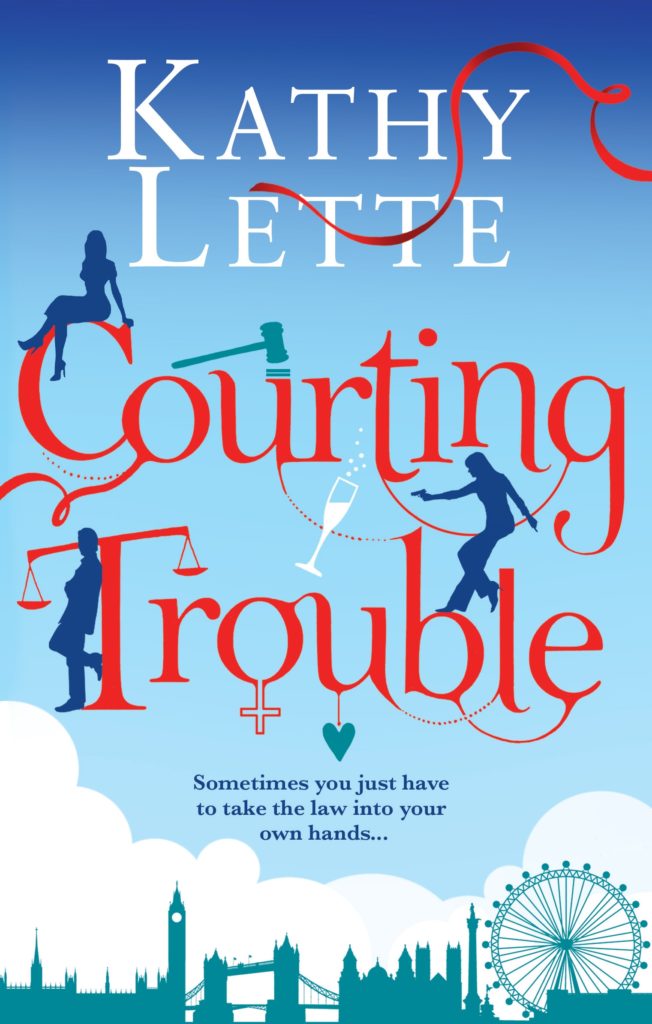
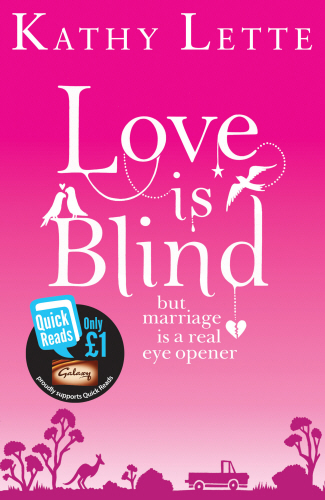
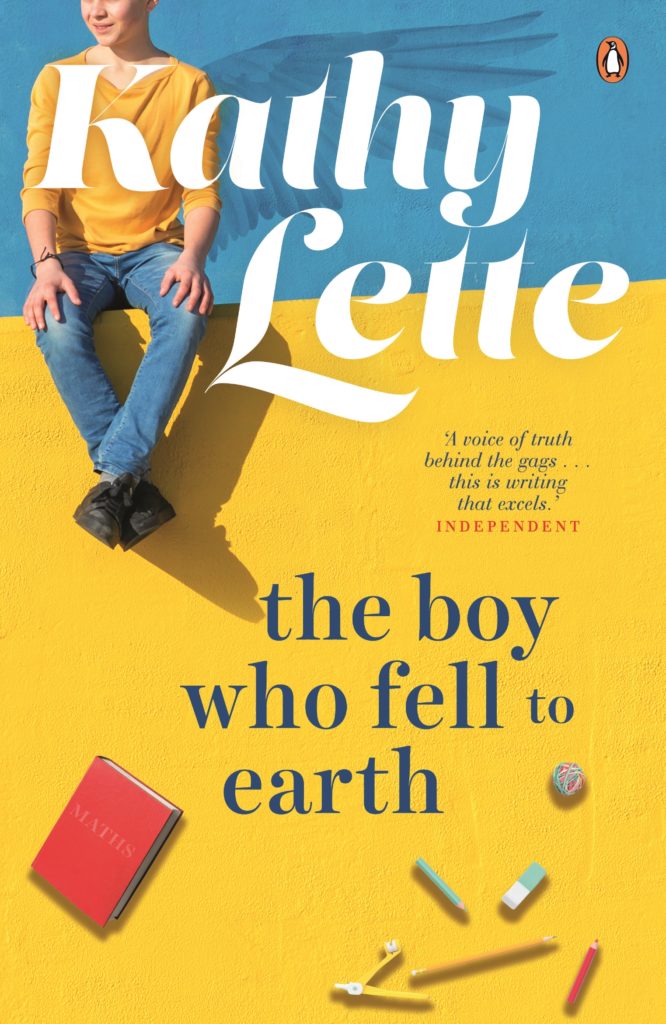
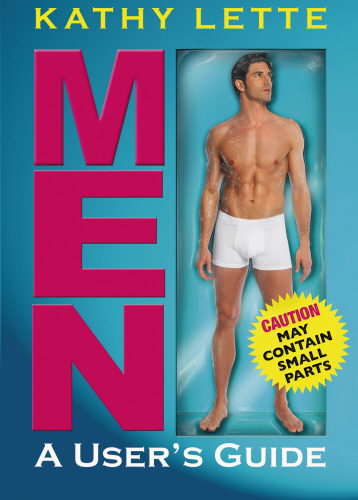
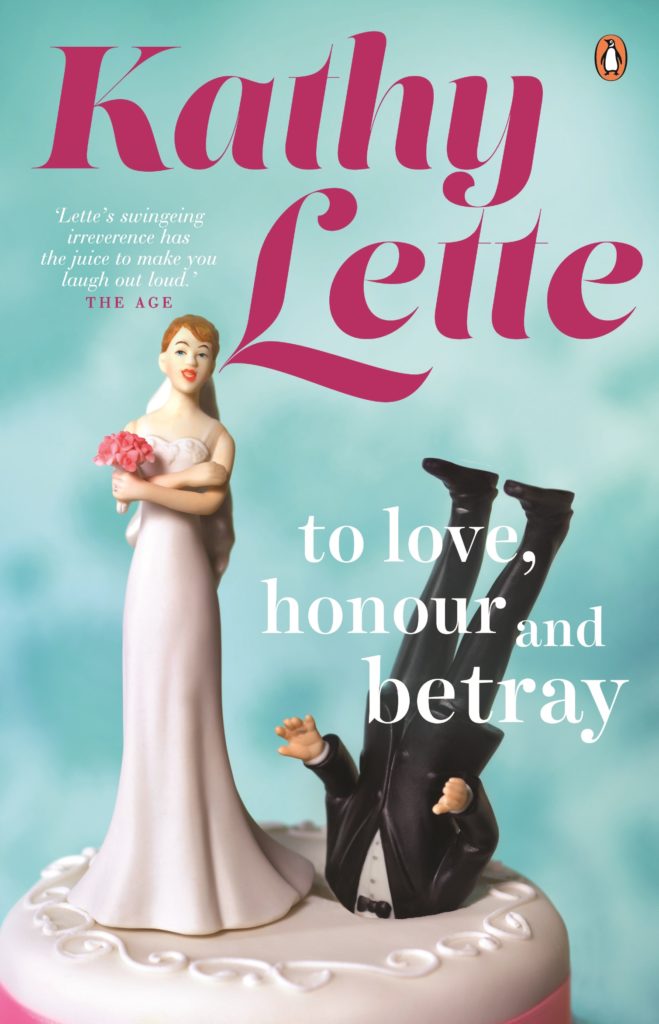
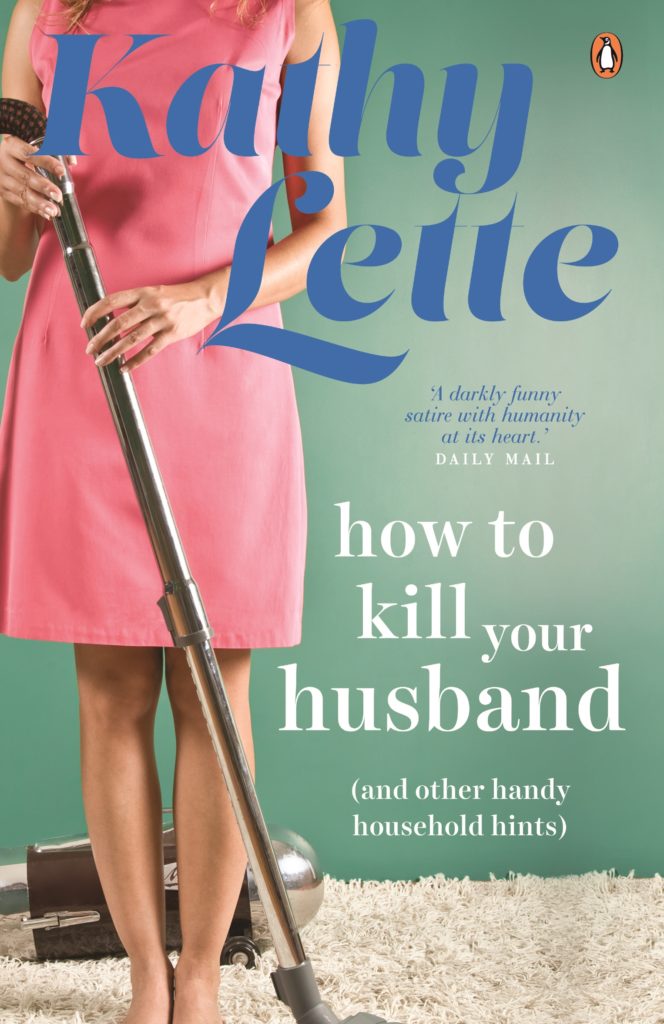
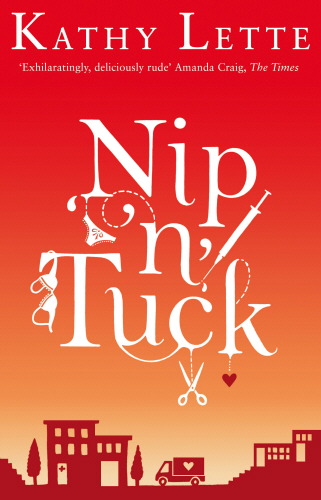
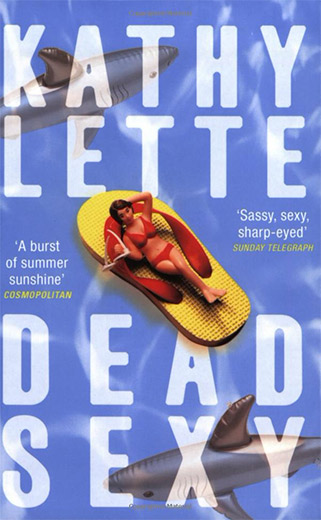
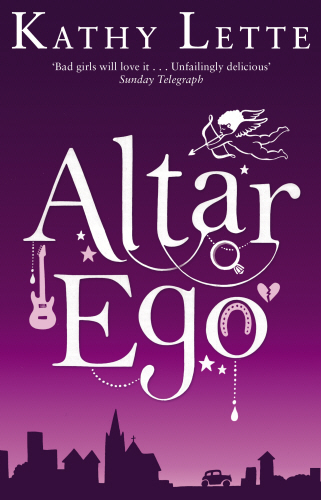
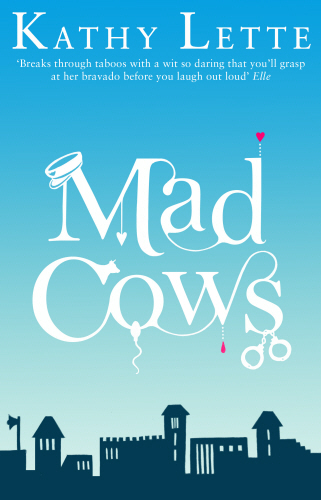
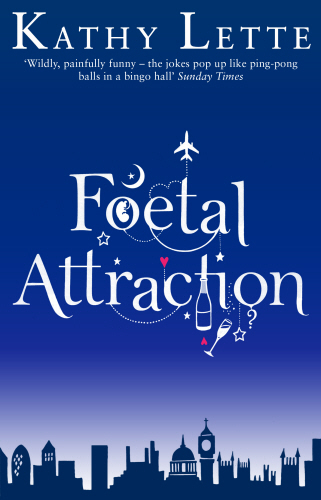
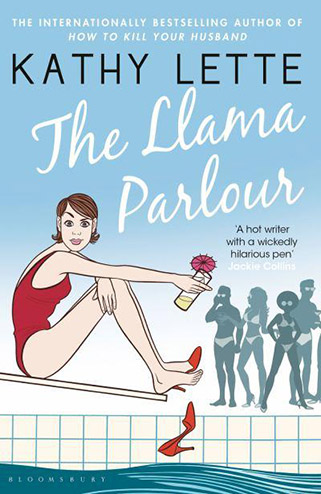
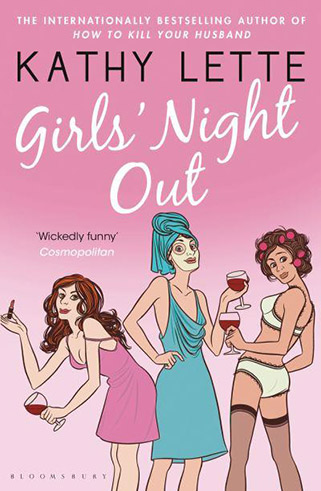
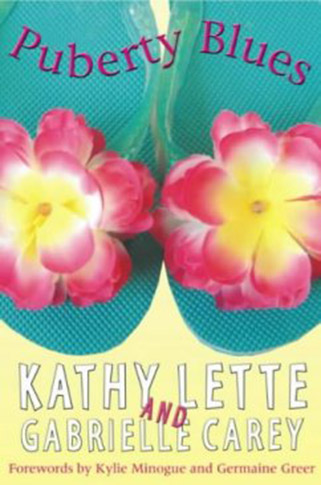
6 Comments
As a special needs teacher for many years I worked with and taught mainly autistic students in mainstream high schools. They had the hardest time of all as their social anxiety and stress levels were off the planet. Morning tea and lunch times were the most difficult for them as most did not have neuro-typical friends and were left lonely. I always opened a room for these students euphemistically called the Learning Den where they could come and hang out, play games or just sit and be quiet with no pressure. As case manager of many students through the years I was able to advise on how to ask a girl/boy out, how to tell your parents you want to go on a date and I listened and was always available to my students. Like your son, one of the most inspiring students I had battled for so much, decoding his behaviors to other teachers and parents ,and for him teaching him to understand teenage behavior, he went on to become an amazing actor. It was almost as if by having to learn social behaviors from a young age for himself, to act out , becoming an actor was second nature. Your son’s story is so resonant for me and I wish him all the best in the future. He could not but succeed with the parents he has.My observations over the years with many students is that they often have great success in life because it is so hard won.
After reading this, I quickly youtubed Julius. I can see why the BBC offered him the job: he’s handsome and acts incredibly well. You must be a very proud mum!
Reading this give me hope for my son he too is autistic and I fear everyday what the world will do to him.
He is such a beautiful and loving little boy and I worry ever day that he will be picked on at school and what the future will be for him, and other like him.
I just want him to be happy and free of any ill will toward him because of him being ‘different’ in other people’s eyes.
Perhaps the biggest tragedy is that many parents of autistic children don’t know that autism is caused by vaccination. Please, google “Tripedia Sanofi Pasteur DaPT+P vaccine product insert and on page 11 there is a paragraph that postmarketing surveillance revealed a number of many serious effects of the vaccine including SIDS and autism. Any and all vaccines can and do cause autism.
Not all parents can and do spend as much time and effort with their autistic children as Kathy does. The increasing numbers of autistic children pause a major problem to society.
Kathy should perhaps consider joining the growing antivaccination movement.
This is in response to your article today, re hiring a prostitute for your autistic son. Had you not considered a sexual therapist? There is a very fine film, THE SESSIONS, deeply moving and often hilarious, based on a true story of a boy who had spent all his life in an iron long and – you’ve guessed – wants desperately to express his sexual needs. Fortunately he had too caring care attendants, who arrange a visit from a sex therapist, played by the brilliant Helen Hunt, naked throughout save for a few minutes – and completely at ease: no trace of awkwardness. Humour lightens these proceedings many times – the boy is allowed time out of the lung in the afternoons and must lay supine – and in one sequence he gags and almost chokes with Helen sitting on his his face. “Well,” she says wryly, pulling back. “We won’t try that again …’ Brilliantly scripted, acted and directed, without sermonizing. We are there, and get to know these people. The boy – really a young man – wrote and published a book about his experiences, which formed the basis of the screenplay, and the final scenes are touching, unpredictable – and in one instance, astonishing. The film was rarely shown in cinemas, but is available on DVD. It has my highest recommendation. Worth a look.
Love your writing – and so does my daughter. Onwards! Lee Harding
What a great tip. Will get the DVD asap. Sorry my reply has been so glacially slow. x